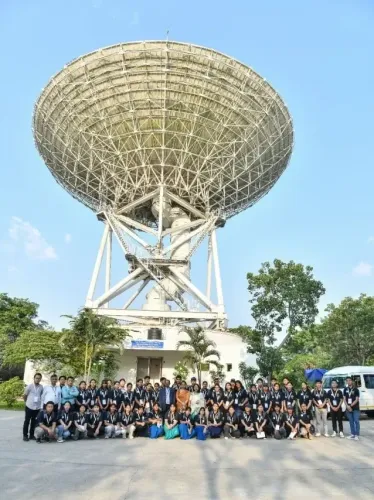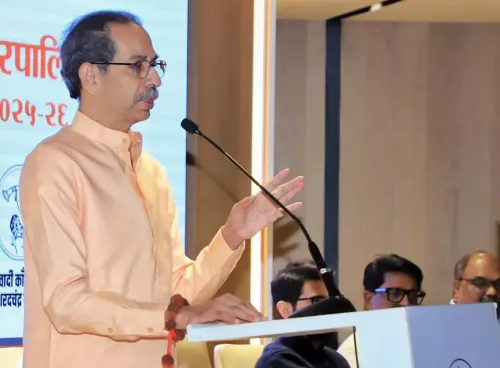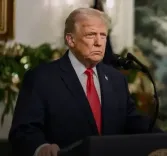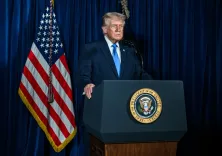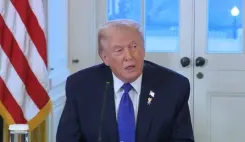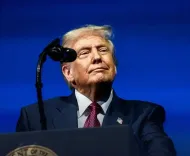Are India and Russia Strengthening Ties in Shipbuilding and Maritime Cooperation?
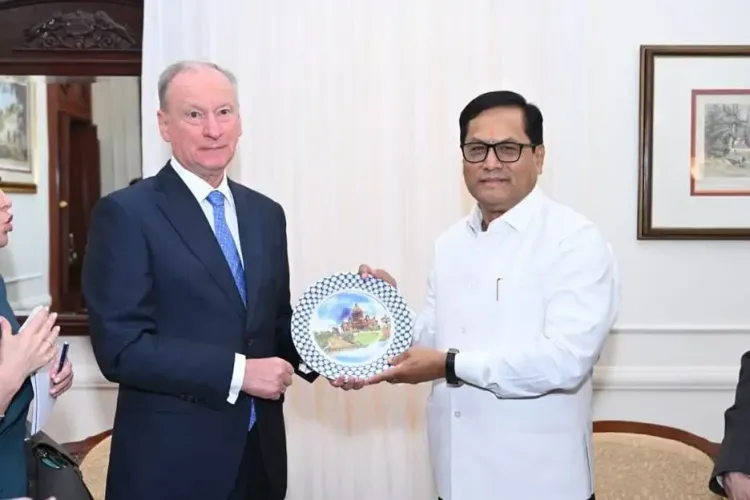
Synopsis
Key Takeaways
- High-level discussions held between India and Russia.
- Focus on shipbuilding and maritime cooperation.
- Commitment to reach $100 billion in bilateral trade by 2030.
- Both nations aim to enhance regional and global connectivity.
- Importance of strategic partnership based on mutual trust.
New Delhi, Nov 18 (NationPress) India and Russia have engaged in high-level discussions aimed at exploring avenues for collaboration, particularly in the fields of shipbuilding, trade, economic, scientific, and technical cooperation, as per an official statement.
The discussions were led by Union Minister of Ports, Shipping and Waterways, Sarbananda Sonowal, and Nikolai Patrushev, Aide to the President of the Russian Federation and Chairman of the Maritime Board of Russia, during an interagency consultation held in New Delhi.
This meeting gathered senior officials and experts from both nations to evaluate the complete range of maritime collaboration.
According to the statement, the talks reinforced the deep and lasting Special and Privileged Strategic Partnership between India and Russia, founded on mutual trust, respect, and a shared vision for sustainable economic and strategic cooperation.
Both parties recognized the crucial guidance from Prime Minister Narendra Modi and President Vladimir Putin, which continues to influence the growth of the India-Russia partnership.
The statement expressed satisfaction regarding the comprehensive discussions and reiterated their intent to enhance cooperation in areas such as shipbuilding, port development, maritime logistics, Arctic operations, research, and training.
“The meeting ended with a collective determination to form a more resilient, efficient, and sustainable maritime partnership that will foster long-term prosperity for both nations while bolstering regional and global connectivity,” it stated.
In parallel, Commerce Secretary Rajesh Agrawal was in Moscow, where he conferred with Russian leaders about the proposed India-Eurasian Economic Union (EAEU) Free Trade Agreement.
He met with the Minister for Trade of the Eurasian Economic Commission, Andrey Slepnev, and the Deputy Minister of Industry and Trade of the Russian Federation, Mikhail Yurin, and also participated in a business networking plenary with industry representatives from both nations, as articulated in the statement.
The discussions built upon the outcomes of the India-Russia Working Group on Trade and Economic Cooperation, maintaining a focus on diversification, strengthening resilient supply chains, ensuring regulatory predictability, and promoting balanced growth in their partnership.
These initiatives align with the ambition to achieve $100 billion in bilateral trade by 2030 and to enhance Indian exports through industrial and technological collaboration.




